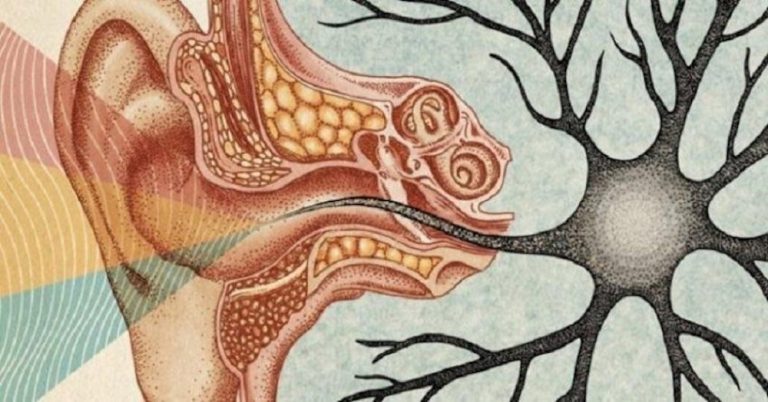The majority of us awaken to the sound of an alarm and then spend the rest of the day surrounded by other noises that, when heard in excess, may be harmful to our health.
Even the word “noise” is claimed to have its roots in the Latin word for nausea, also known as noxia, which also means “pain, damage, or injury.” Silence, on the other hand, has several advantages.
We are surrounded by noise, and the National Safety Council reports that cell phone distractions cause over 1.6 million car accidents annually. Many scientists issue dire warnings about the value of stillness and the dangers of excessive noise.
The World Health Organization (WHO) looked into its effects on health using data from a Western European study including 340 million individuals.
According to the findings, inhabitants collectively lose about a million years of life each year as a result of noise, which translates to one out of every three persons losing a year of life as a result of excessive noise.
A 2011 study that looked at the impact Munich Airport had on children’s health and cognition was published in Psychological Science. Professor Gary W. Evans of Cornell University discovered that noise damages health and causes stress even when there is no hearing loss.
In particular, kids who were exposed to loudness acquired a stress response that made it easier for them to block out the noise. However, they also disregarded common stimuli that required attention, such as speech.
Find out more about: Signs of Mold Illness No One Should Ignore
Because of the noise and constant activity of big cities, we prefer quiet settings and become tense there.
Sleep loss, high blood pressure, heart disease, tinnitus, and increased amounts of dangerous hormones have all been connected to noise. Contrarily, spending time in a calm setting where there are no distractions allows one to listen to the silence and, in some mysterious way, heals both body and soul.
A study that examined the impacts of music, noise, and quiet on the brain was published in the journal Heart. The two-minute breaks that were arbitrarily interspersed with the “relaxing music” in the trial, according to the researchers, were much more calming to the brain than the music itself.
Additionally, the benefits felt by the participants increased with the length of the silence. These ‘irrelevant’ blank pauses, in the opinion of research author L. Bernardi, were the most significant findings since contrast heightens silence.
The good news is that our brain eventually adjusts to excessive noise. According to the attention restoration idea, a setting with less sensory stimulation encourages the brain’s limited cognitive resources to be used again. The loss brought on by excessive loudness is really restored by silence.
Furthermore, the creation of new brain cells may be stimulated by periods of silence. A 2013 study that appeared in the journal Brain Structure and Function suggested that at least two hours of solitude could result in the development of new brain cells in the hippocampus, an area that has been connected to memory, learning, and even emotions.
Additionally, taking a few minutes each day to be silent can help with insomnia and enhance sleep. A 2015 study published in JAMA Internal Medicine found that older persons who had difficulties sleeping might cure their sleeplessness, lethargy, and depression using mindfulness meditation.
This type of meditation concentrates on breathing while drawing attention to the present moment. It is performed in quiet. By interrupting the flow of regular thoughts, it calms the body.
As a result, be sure to spend at least 30 minutes each day in complete silence, free from any music, people, or phones. You can disconnect from the outside world, reconnect with your true Self, and unwind your body and mind in this way.
After reading this text you can also read about: Learn More About This Rheumatoid Arthritis and Inflammation Treatment That Is 3,000 Years Old



